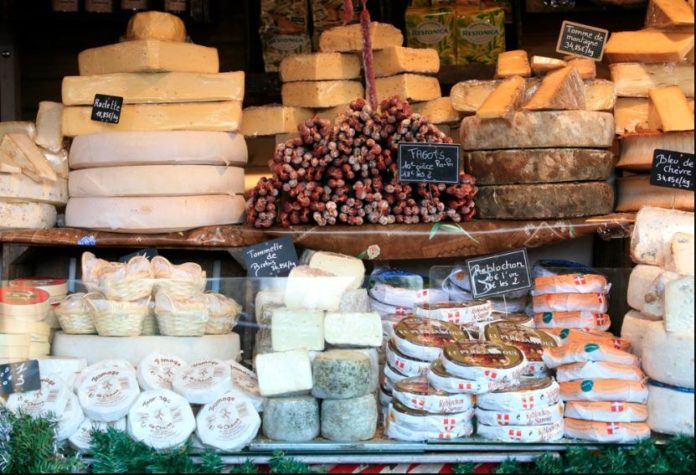Kenya is among seven countries selected to pilot the continental free trade area that seeks to unlock the movement of goods and services in Africa.
The country will join Tanzania, Tunisia, Cameroon, Egypt, Mauritius, and Ghana in a trial phase to start trading under the African Continental Free Trade Area (AfCFTA) framework that will see these States conduct business without being subjected to tariff barriers.
“The initiative seeks to demonstrate that AfCFTA is functioning and send a political message to countries that are yet to submit their provisional schedules of tariff concessions in accordance with agreed modalities,” said AfCFTA council of ministers.
The trial phase will see Kenya access markets on preferential rates in trading with countries which are in a different economic bloc. For instance Kenya is a member of the East African Community while Ghana belongs to the Economic Community of West Africa with Tunisia being a member of the Maghreb.
AfCFTA Initiative
Kenya will trade selected products cutting across agro-processing, manufacturing and construction materials and automobiles. These goods will include textiles, milk, cheeses and horticulture products.
Countries picked to participate in AfCFTA Initiative on Guided Trade were announced during the 9th meeting of the AfCFTA Council of Ministers in held in Ghana. AfCFTA, the largest free trade zone in the world, covers 54 African countries, 43 of which have already ratified the agreement, with 39 state parties officially recognised, including Rwanda.
Trading under AfCFTA started officially on January 1, 2021, but it could not be effected as problems regarding rules of origin remained unresolved, making it difficult to identify products that could enjoy the preferential tariff regime under the agreement.
So far countries have adopted an AfCFTA tariff offer that allows them to trade certain goods outside their economic bloc. Each trading bloc has been having their own Common External Tariff, which it charges on goods coming outside a given region. For instance, EAC charges up to 50 percent duty on goods being shipped from other regions.








